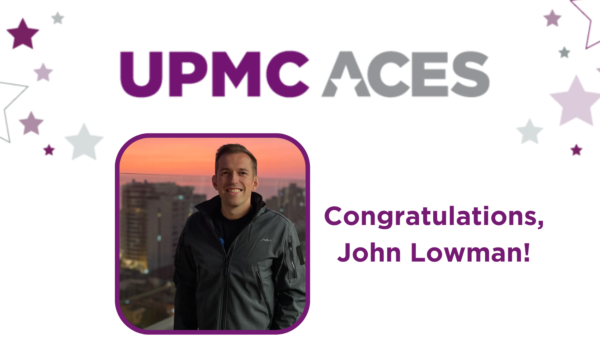In early 2017, UPMC and Pitt announced a $200 million investment in the UPMC Immune Transplant and Therapy Center (ITTC) to harness the power of the human immune system to treat and cure a wide range of diseases. A small UPMC Enterprises team was formed to commercialize the leading-edge science developed through the partnership.
Less than 18 months later, that Enterprises team is nearly 20 strong and already seeing impressive progress that includes launching five new companies, seeding more than 25 programs, and managing an extensive pipeline of opportunities.
Defining Translational Sciences and Our Investment Approach
After the creation of the ITTC and the Enterprises team, commercialization efforts were focused on a few specific areas of interest, including cancer immunotherapy, transplant, aging, and chronic diseases. Today, that focus has grown to encompass nearly all areas within life sciences. This includes therapeutics, ranging from new chemical entities to previously developed drugs that leverage novel delivery methods, as well as diagnostics and enabling technologies such as genomics.

“Extending our focus beyond ITTC to a broader set of translational sciences means that nothing is completely off the table,” explains Jeanne Cunicelli, Executive Vice President at UPMC Enterprises. “We’re constantly searching for meaningful biology, breakthrough science, industry worthy chemistry, and solutions that solve clinical challenges and meet an unmet need in the marketplace.”
While that focus may appear somewhat broad on the surface, it’s backed by a very specific approach that requires each idea or company meet three criteria:
- The idea or company must represent a need within the health system and include a clinical champion to advocate on its behalf; and
- The idea or company must undergo a disciplined approach to diligence typical of venture firms; and
- The idea or company must have near-term milestones that provide critical go/no go results.
With the team’s deep investment and scientific knowledge, each opportunity is rigorously evaluated and researched before a decision is made about how to move forward. The team works with researchers and founders to identify the optimal path for success, which could be the formation of a new company, investing in an existing entity, or partnering with another investor to jointly solve a problem. Once committed, the team recruits recognized experts and management who provide the skills necessary to make the effort successful.
Applying That Philosophy to the Translational Sciences Team
Finding the best people for our companies applies to the team at UPMC Enterprises as well. The initial team of four has since been complemented by translational clinicians, career entrepreneurs with pre-clinical and drug development experience, and a team of analysts who bring valuable research and finance and experience to the discipline. The team is now properly positioned to conduct robust due diligence, show that the thesis and findings are defensible, and ensure that the appropriate pieces are in place to let the science and biology do its job.
The team’s growth and wealth of expertise has enabled Translational Sciences to move from a reactive to a more proactive investment approach over the past several months, seeking out interesting opportunities in specific focus areas. Much like a traditional venture firm, clear milestones are applied to the funding but, because of the in-depth research and analysis, the team never feels pressured to say yes to an opportunity.
Understanding What Makes Us Different
Investment expertise, a disciplined approach to conducting diligence, and an elite team of entrepreneurs, clinicians, and analysts are all important pieces of what has made Enterprises’ Translational Sciences so successful in such a short time, spinning out five new companies and researching dozens more.
The Translational Sciences group also has the benefit of proximity, both to world-class academic partners, the University of Pittsburgh and Carnegie Mellon University, as well as UPMC clinicians and patients. The ability to talk, in real-time, to clinicians provides a direct line of sight into the entire health system and enables faster decision making.
“It’s rare that you find a very large payer-provider organization next to one of the leading NIH-funded institutes, next to one of the world’s leading machine learning institutes,” said Cunicelli. “We’re fortunate to have great partners because this effort won’t work if we can’t work together.”



